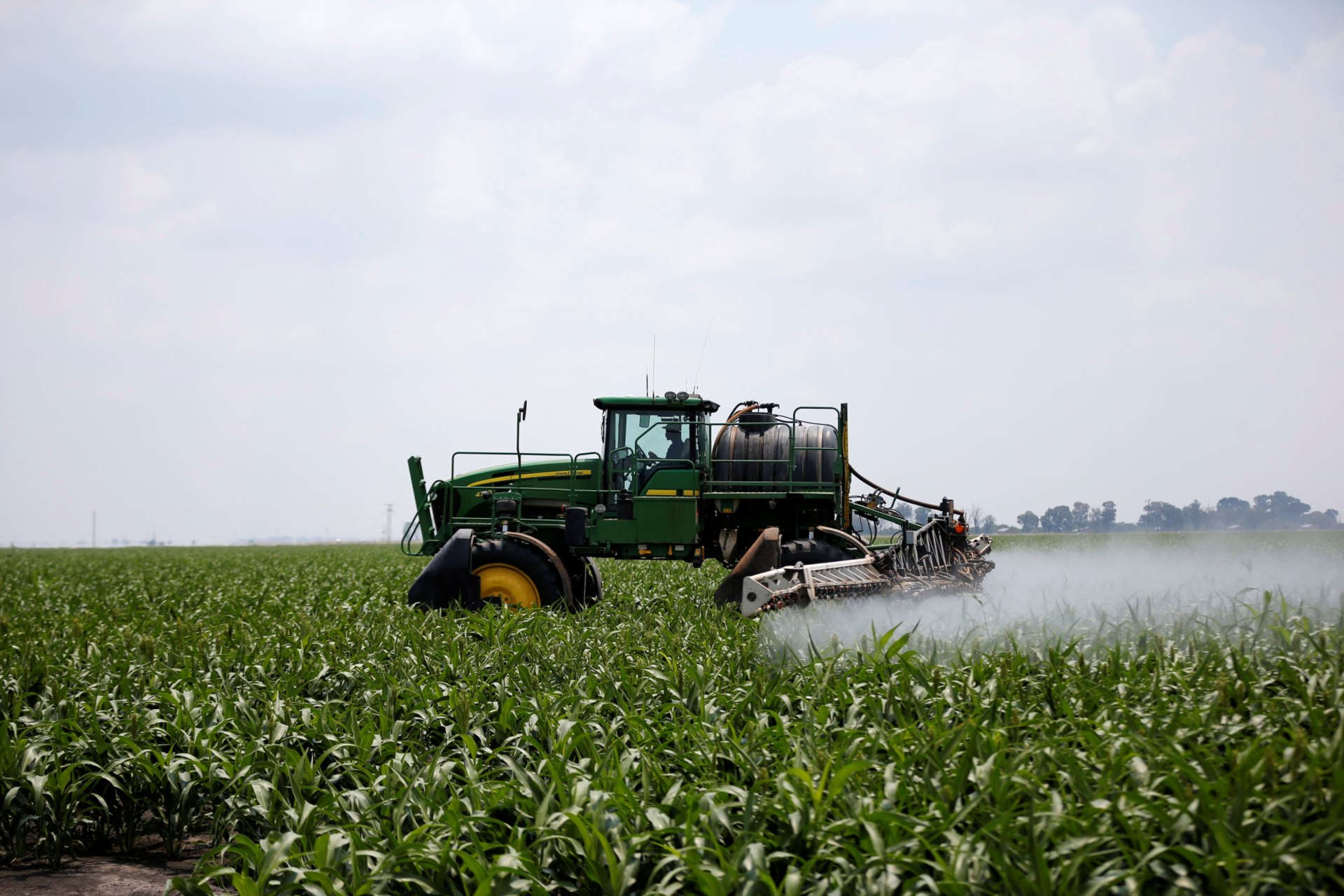Ramaphosa Confronts Land Reform in South Africa

By experts and staff
- Published
By
- John CampbellRalph Bunche Senior Fellow for Africa Policy Studies
The predominance of white ownership of land [PDF] is taken by many—perhaps most—South Africans as emblematic of the persistence of apartheid injustice. Hence, there have long been calls for the expropriation of white-owned agricultural land without compensation. That was a central tenant of the Pan-African Congress, a liberation-movement rival of the now-governing African National Congress, and of the Economic Freedom Fighters, at present the third largest party in parliament. (It has 25 seats compared to 89 for the Democratic Alliance and 249 for the ANC.) At its December 2017 party convention, the ANC also supported expropriation without compensation and on February 27, 2018, parliament overwhelmingly voted to begin a process that would amend the constitution to allow for expropriation of without compensation.
The persistent poverty of much of its black majority is the greatest challenge to South Africa’s democratic government. Inequality of wealth largely follows racial lines. In 2015, more than 55 percent of South Africans were poor. According to Statistics South Africa, less than 1 percent of the total white population was poor, while 63 percent of black people, 37 percent of coloured people, and 7 percent of Indian/Asian people were poor. The nine percent of South Africa’s population that is white holds the lion’s share of the country’s wealth. Most blacks see their poverty as the direct consequence of apartheid. While it is true that since the transition to non-racial democracy the small black middle class has grown and a few oligarchs have emerged, wealth inequality among blacks is now much greater than that between whites and blacks.
Many may be asking whether South Africa is going down the road of Zimbabwe, where Robert Mugabe seized white-owned agricultural land and helped destroy the economy. The short answer is no. For a start, South Africa is a constitutional democracy, not a parliamentary democracy, which means that the constitution limits what parliament can do. More to the point, it specifically guarantees the right to private property, meaning that expropriation without compensation would be immediately challenged in the courts. Therefore, the constitution must be amended. This vote has begun that process, but it is difficult and time-consuming.
Cyril Ramaphosa, state president and leader of the governing ANC, publicly supports expropriation without compensation, but also stresses that commercial agriculture and the country’s food security must be protected. A businessman and an oligarch, he is also committed to growing the economy to address poverty; that requires the confidence of foreign and domestic investors that their property rights will be respected. Therefore, white-owned farms, which dominate commercial agriculture, will likely be protected in the interest of the economy.
South Africa is now about 60 percent urban, and urbanization is proceeding rapidly. Further complicating forced expropriation is the fact that African small-scale farming is not popular. Of those South Africans compensated for apartheid-era expropriation of their land, nearly all of them chose financial compensation rather than the return of their land. Of the land that has already been redistributed by the state, a credible estimate is that 70 percent of it is no longer in production.
Nevertheless, land reform is an emotional and symbolic issue, especially in rural areas, and it is easily exploited as an issue by populist politicians. Where the practical need for land reform is most pressing is in urban and suburban areas, where there is substantial pressure from people leaving rural areas to look for work. Hence the emergence or expansion of informal settlements, mostly on government-owned land. State-owned land and tribal trust lands provide a possible venue for land redistribution without an impact on investor confidence or agricultural production. By and large, however, tribal chiefs would not like that approach because their control of tribal lands is basic to their local power. These chiefs were an important political constituency of former president Jacob Zuma, whom Ramaphosa has driven from office. This could spell an end to vetoes on land redistribution by tribal chiefs.